
Honey Bee Health Seminar
FROM FORAGE TO FEEDING – HONEY BEE HEALTH SEMINAR Good nutrition through forage and feeding has the power to improve honey bee health in…
Read More
FROM FORAGE TO FEEDING – HONEY BEE HEALTH SEMINAR Good nutrition through forage and feeding has the power to improve honey bee health in…
Read More
Hazard/Risk Assessment Trisiloxane Surfactants Negatively Affect Reproductive Behaviors and Enhance Viral Replication in Honey Bees Julia D. Fine, Diana L. Cox-Foster, Kyle J. Moor, Ruiwen Chen, Arian Avalos…
Read More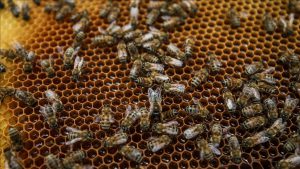
Honey bees in Switzerland can become extinct within 1 to 2 years, warns researcher Bee colonies are severely weakened by varroa mite, pesticides, according…
Read More
Natural Products May Be Buzzworthy Solutions for Honey Bees’ Health The buzz about natural products is not just for humans. United States Department of…
Read More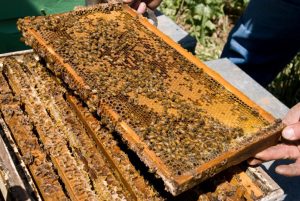
The Health of Honey Bee Colonies in Montana It is estimated that the honey bee’s annual contribution to the United States economy is at least…
Read More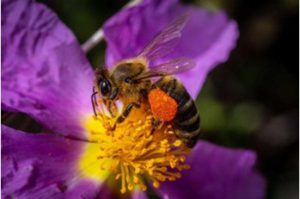
DNA contained in honey reveals honey bee health by Biomedical Sciences Research Center Alexander Fleming Researchers from the B.S.R.C. “Alexander Fleming” in Greece have…
Read More
UC grant to strengthen honey bee health and crop pollination Extension apiculturist Elina Lastro Niño (center) of UC Davis opens a hive. A new…
Read More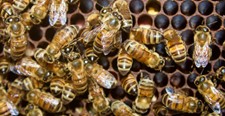
Honey bees lose sleep after ingesting pesticides, leading to greater stress and lower hive survival rates By: Marissa Shapiro Honey bees in the hive…
Read More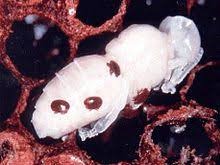
ESU Grad’s Mite Fight Seeks to Protect Honeybees By: Brian Myszkowski A local beekeeper’s new business has taken flight with an aim to help apiary…
Read More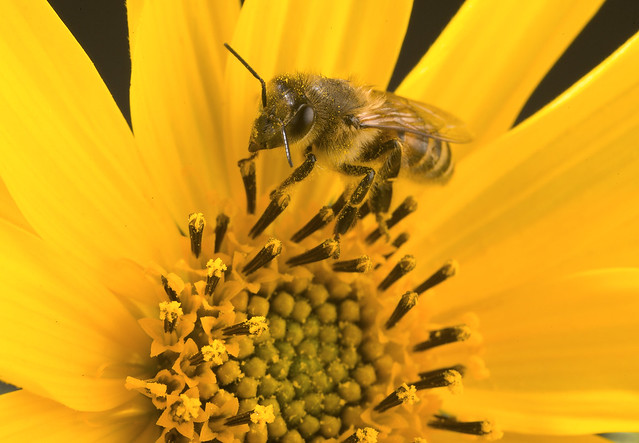
Posted by Sue Kendall A bee gathering pollen and nectar from a helianthus flower. Everyone wants healthy, thriving honey bee colonies. One-third of the…
Read More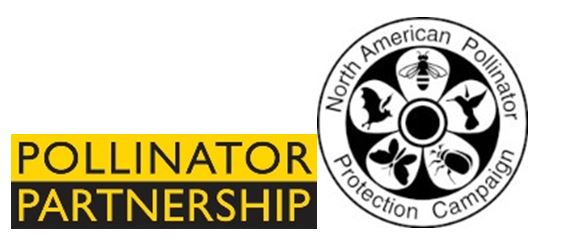
Background The North American Pollinator Protection Campaign (NAPPC) is seeking proposals for research related to improving the health of honey bees. Proposals should focus…
Read More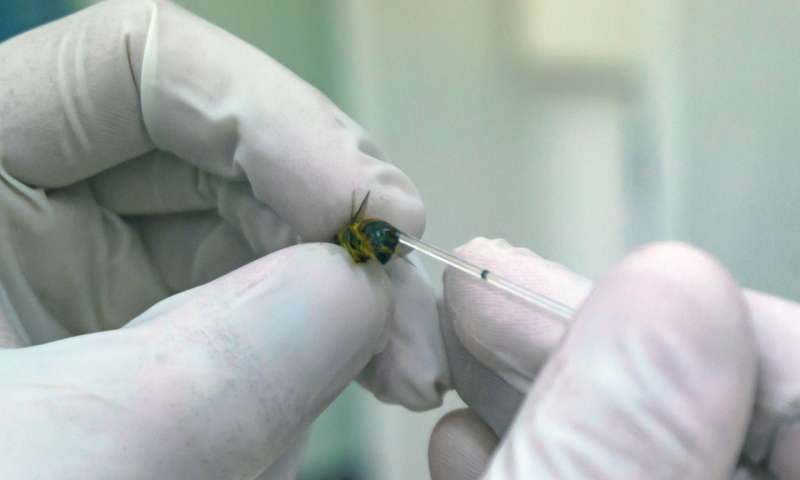
To measure energy levels in honey bees, researchers extracted their “blood” (hemolymph) using a microcapillary tube. Credit: Riccardo Cabbri The combined effects…
Read More
Almond Board of California (ABC) on Dec 5 announced an investment of $4.8 million in 64 independent, third-party research projects exploring next-generation farming practices….
Read More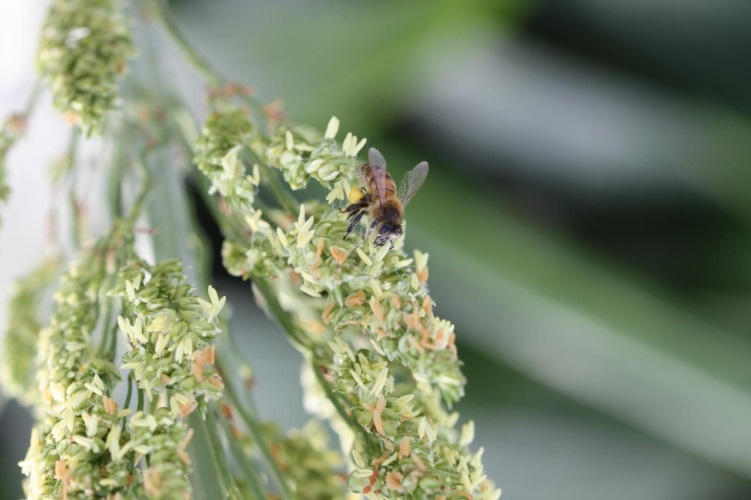
The University of Tennessee says research shows a positive correlation between bee health and the presence of agriculture – just opposite to popular belief….
Read MoreSummary: A core set of genes involved in the responses of honey bees to multiple diseases caused by viruses and parasites has been identified…
Read More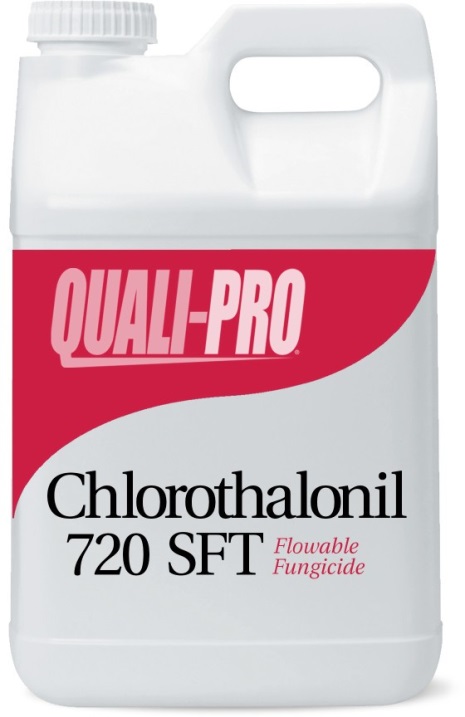
A research team led by a Virginia Tech scientist Mark Williams says that some commonly used ag chemicals are damaging the bacteria communities in…
Read MoreAlan Harman European researchers say they have found a previously unknown and harmful effect of neonicotinoids on honey bees – neonicotinoids in low and…
Read More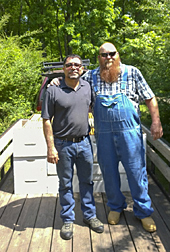
By Kim Kaplan June 21, 2016 BELTSVILLE, Md., June 21, 2016 —The U.S. Department of Agriculture‘s (USDA) Agricultural Research Service (ARS) Bee Research…
Read More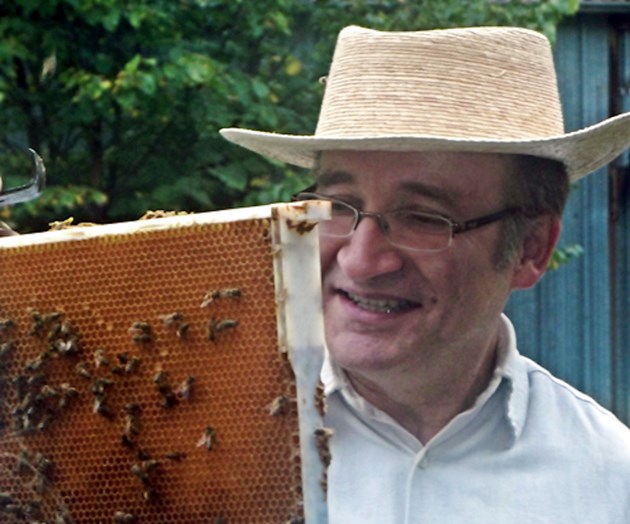
By: Rob O’Flanagan The University of Guelph has received a $1-million gift from an Ontario family to help protect pollinators. The gift, and the…
Read MoreWEST LAFAYETTE, Ind. – A new Purdue Extension publication examines the causes and effects of pesticide drift, including information on how to recognize and…
Read More